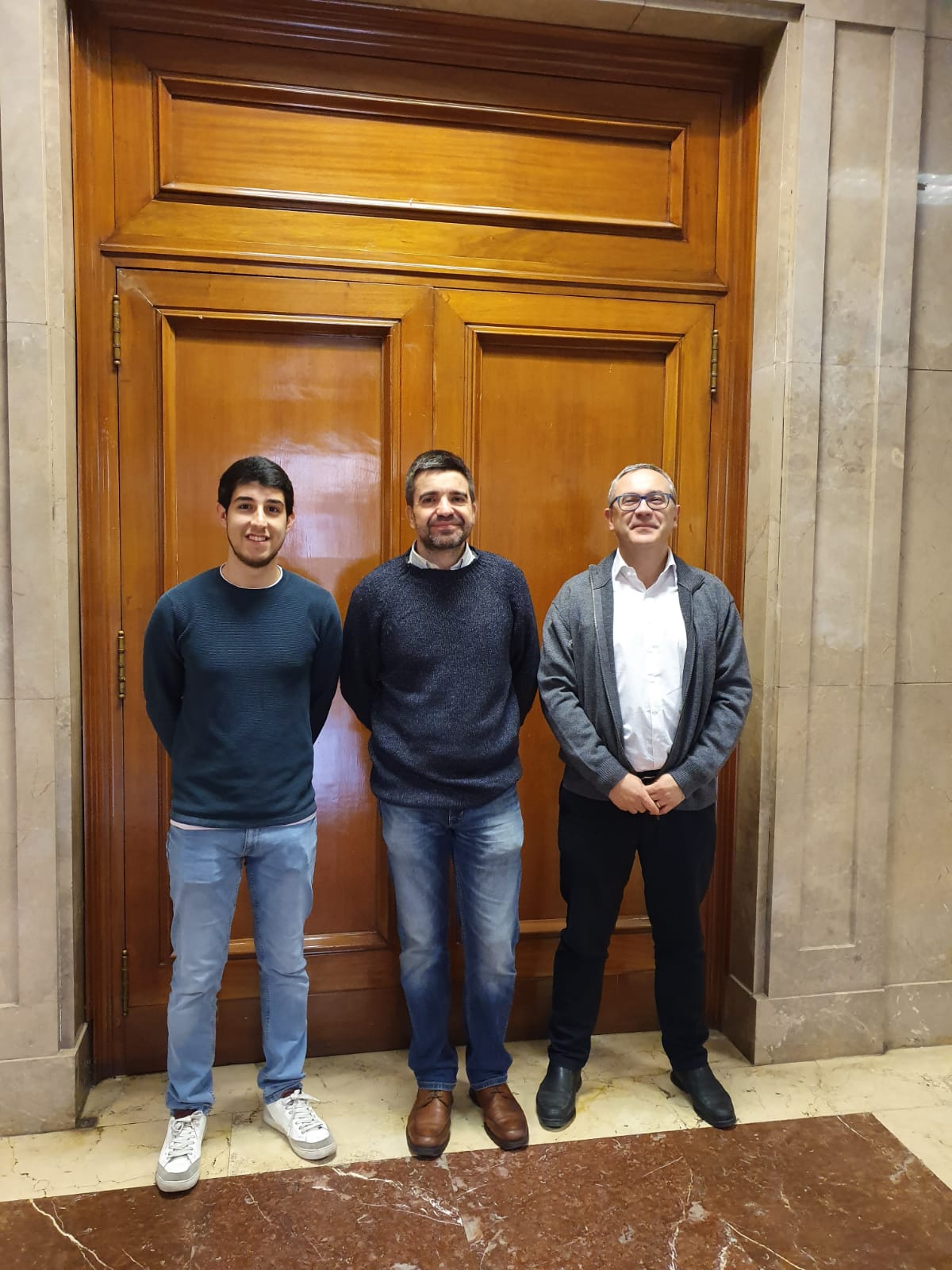
Promising drug against non-alcoholic steatohepatitis, a severe type of liver disease
Nonalcoholic steatohepatitis (NASH) affects 2 to 5 percent of the world’s population. It is the most severe form of fatty liver disease, which can lead to cirrhosis, among other complications, and is expected to become the leading cause of liver transplantation by 2020. A team from the University of Barcelona led by Professor Manuel Vázquez-Carrera, from the Faculty of Pharmacy and Food Sciences, has developed a promising family of molecules to treat this disease, against which there is currently no specific drug.
A new pathway for the treatment of NASH is being developed using analogues of the hormone FGF21 —Fibroblast Growth Factor 21— which have confirmed an improvement of patients’ conditions in clinical trials. These analogues, however, have drawbacks, as they must be injected subcutaneously, and they can also cause some side effects, such as loss of bone mass or an increase in heart rate and blood pressure. The new compound being developed at the Faculty of Pharmacy and Food Sciences increases FGF21 levels in liver and plasma, can be administered orally, and could avoid the adverse effects produced by the analogues of this hormone.
Researchers have already shown in a proof of concept, recently published in the British Journal of Pharmacology, that oral administration of the new compound in mice on a high-fat diet reduces glucose intolerance and hepatic steatosis, both of which favour the development of NASH. This effect is possible because the new molecule activates HRI (eIF2-alpha kinase heme-regulated inhibitor), a kinase capable of potentiating a transcription factor involved in the increase of FGF21. Furthermore, the new molecules are small and thus easier to synthesize and cheaper to produce than FGF21 analogues.
The FBG has awarded a €25,000 Proof of Concept grant from the Valorisation Fund (FVal) call of the Fund for the Promotion of Innovation (F2i) to valorise the new compound. The research group will invest the grant in hiring staff and conducting toxicity tests.
These grants are funded by the Secretariat for Universities and Research of the Department of Business and Knowledge of the Government of Catalonia, and are co-funded by the European Regional Development Fund (ERDF).

